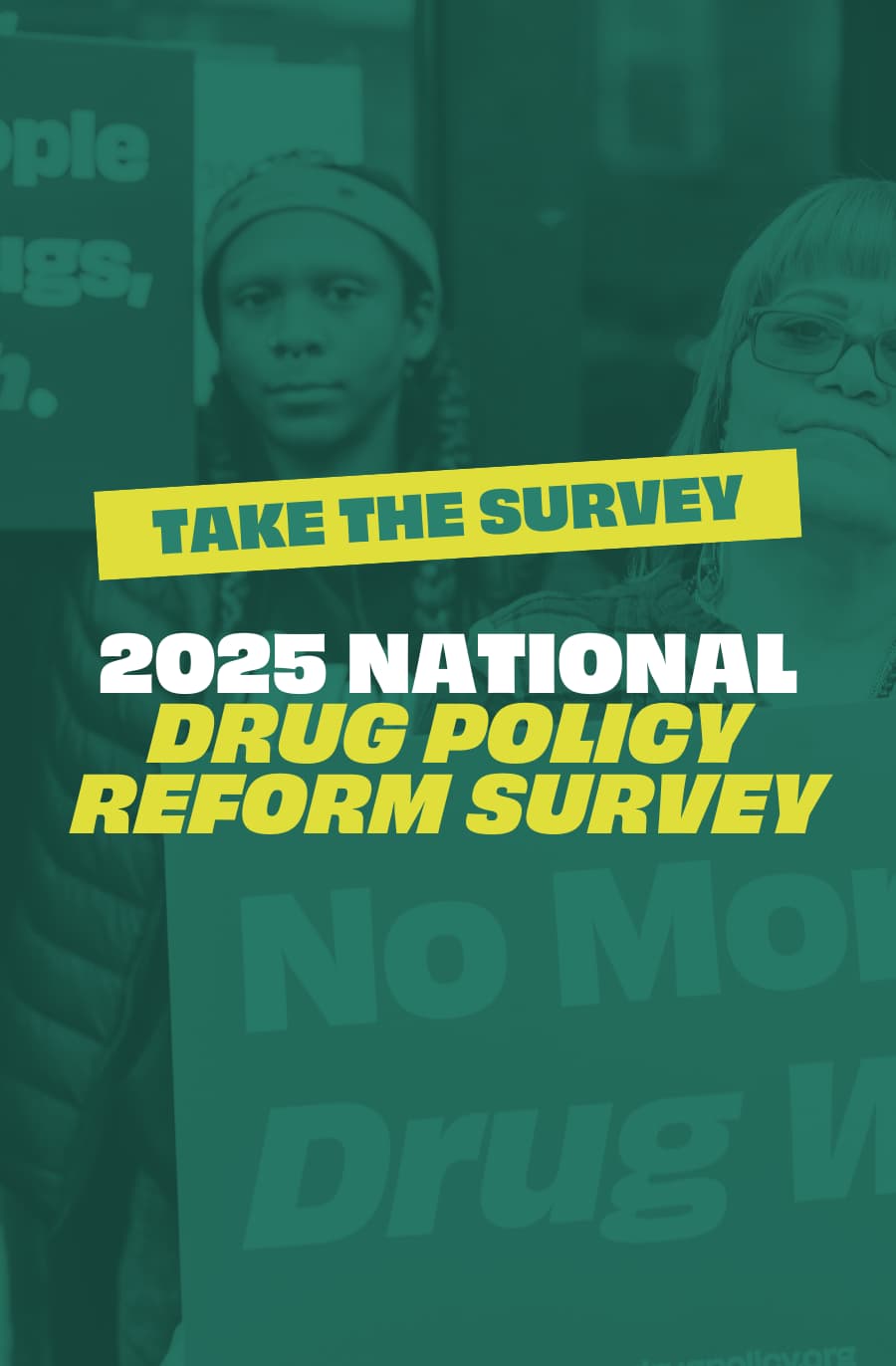
Shayna Samuels at 646-523-6961 or Tony Newman at 510-208-7711
On Wednesday, March 19th, leading DJs and music promoters will hold a press conference announcing their opposition to two Congressional bills that could land many concert promoters, bar and nightclub owners, and stadium owners in jail if even one person uses drugs at their events. The press conference will take place during the Winter Music Conference in Miami, which will attract about 20,000 dance music fans, DJs, record executives, and other industry leaders, and will precede a 3,000- person benefit to raise money for Drug Policy Alliance’s campaign to halt the legislation.
The two Congressional bills have sparked nationwide outrage among fans of all types of music, including electronic music, rock, and Hip Hop. Similar bills last year led to organized protests around the country, as tens of thousands of voters voiced their opposition. Voters are organizing demonstrations again this year, including a planned June protest in the form of a “rave” (a dance party with electronic music) to be held on the lawn of Congress.
Opponents of the bills have dubbed them federal “footloose” laws after the 1984 Kevin Bacon movie about a small town that banned music and dancing. While aimed at the very real problem of substance abuse, the bills go too far by punishing business owners for the actions of their customers and threatening to shut down concerts, dance clubs, and other forms of entertainment.
“Both of these proposed laws make it easier to punish people for the actions of others and could bankrupt nightclubs, arenas and stadiums and put their owners in jail,” said Bill Piper, Associate Director of National Affairs for the Drug Policy Alliance. “It is clear that dancing, singing, and playing music may soon become the next casualty in the War on Drugs.”
The two proposed bills are known as the RAVE Act (H.R. 718) and the CLEAN-UP Act (H.R. 834).
The RAVE Act, sponsored by Representative Howard Coble (R-NC), would make it easier for the federal government to fine or imprison property owners for up to 20 years if their customers use or sell drugs – even if the owners work hard to stop such offenses. If enacted, nightclub and stadium owners would likely stop holding events – such as rock or Hip Hop concerts – in which even one person might use drugs. A similar bill is being sponsored in the Senate by Senator Joe Biden (D-DE).
A national campaign spearheaded by the Drug Policy Alliance and allies in the electronic music scene mobilized thousands of electronic music and hip hop fans and succeeded in halting similar legislation last year. Tens of thousands of voters urged Senators to reject it. Business interests collected nearly 20,000 signatures on a petition that warned that the RAVE Act “is a serious threat to civil liberties, freedom of speech and the right to dance.” Protests were held in cities around the country, including a protest in the form of a “rave” held on the lawn of Congress. Ultimately, two of the original Senate co-sponsors withdrew their support. Supporters of the bill are determined to pass it this year.
The CLEAN-UP Act, sponsored by Representative Doug Ose (R-CA), is largely an innocuous bill that provides more money and training for the clean up of illegal methamphetamine laboratories. Hidden within the bill, however, are provisions that would make it a federal crime – punishable by up to nine years in prison – to promote “any rave, dance, music or other entertainment event” that might attract some attendees that would use or sell drugs.
Under both proposed laws, it would not matter if concert promoters and property owners tried to prevent people from using drugs. Nor would it matter if the vast majority of people attending the event were law-abiding citizens that wanted to listen to music. If business owners held any event in which even one person used drugs, they could be fined and imprisoned.
Given the history of drug law enforcement over the last 30 years, opponents of the proposed laws fear they will have a disparate impact on communities of color. A history of drug prohibition shows that drug laws have not been enforced equally. While African Americans constitute only 13% of drug users, for instance, they represent 35% of arrests for drug possession, 55% of convictions and 74% of prison sentences. The laws may also be used to target gay and lesbian nightclubs. The vagueness of the law opens it to potential abuse by law enforcement efforts that target unpopular individuals or groups who are not engaged in illegal behavior.
Opponents of the legislation note that they have many concerning implications:
For more on anti-Rave legislation see www.drugpolicy.org/communities/raveact/


Notifications